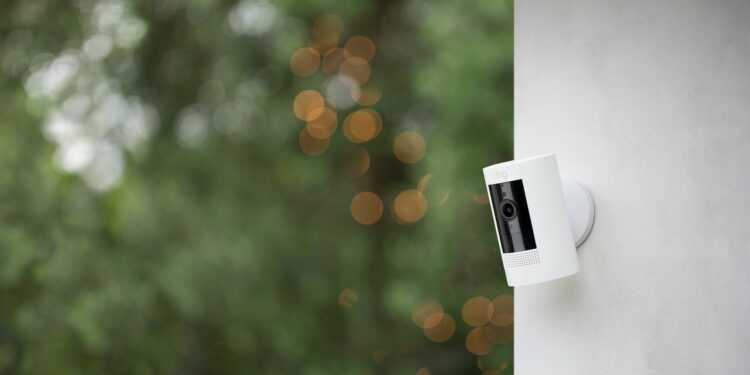The Seattle Police Department has launched Connect Seattle, a voluntary registry allowing residents to register private security cameras for potential use in criminal investigations through an interactive map accessible to authorized SPD investigators.
The program enables residents to register indoor and outdoor security cameras via a secure web portal. When crimes occur nearby, SPD may email registered camera owners requesting relevant footage. Participation and sharing remain voluntary, with owners able to decline any request.
Registration does not grant SPD access to live video feeds or direct connections to camera systems. The department already collects camera evidence while canvassing crime scenes; the registry simply allows police to identify willing participants in advance.
SPD received authorization for the program last year through the city’s Crime Prevention Technology Pilot and began contacting select neighborhoods last week with registration portal links.
The system integrates with SPD’s Real Time Crime Center, a high-tech operations hub inside downtown police headquarters that consolidates live surveillance footage and data from multiple sources into a centralized command room staffed by analysts up to 20 hours daily.
The RTCC supports ongoing investigations by pushing video and incident data directly to patrol units and detectives. Analysts provide live updates and suspect images supporting SPD’s “precision policing” model. In under two months, the system was used in 600 incidents and is aiding 90 investigations, according to July statements from city officials.
The RTCC utilizes police-owned CCTV cameras in downtown, along Aurora Avenue, and in Chinatown-International District. Police credited the system with helping apprehend a suspect following an early Sunday shooting in Chinatown-International District.
City Council approved additional cameras in three areas this month, plus RTCC access to 145 traffic cameras.
Critics including mayoral candidate Katie Wilson raised concerns about federal government surveillance targeting immigrants. Critics also argue CCTV cameras minimally prevent crime while risking civil rights violations.
SPD stated federal agencies will not access the registry or private resident videos without warrants. Registry information and shared footage could be subject to disclosure under Washington’s public records law once investigations close.
Axon provides software for both the new program and RTCC operations.
Nearby Auburn and Kent have adopted similar camera registry programs.
Amazon-owned Ring stopped allowing police departments to request doorbell camera footage from users last year but introduced Community Requests this year in partnership with Axon, allowing police to post public video footage requests.
Ring previously established a 2021 rule making police video requests publicly visible. Ring founder Jamie Siminoff, who recently returned as CEO, stated that the system lets police “request footage from people in a super privacy centric, anonymous way that keeps their privacy.”
Ring announced new camera devices, improved video quality technology, and a community feature for finding lost pets Tuesday.






